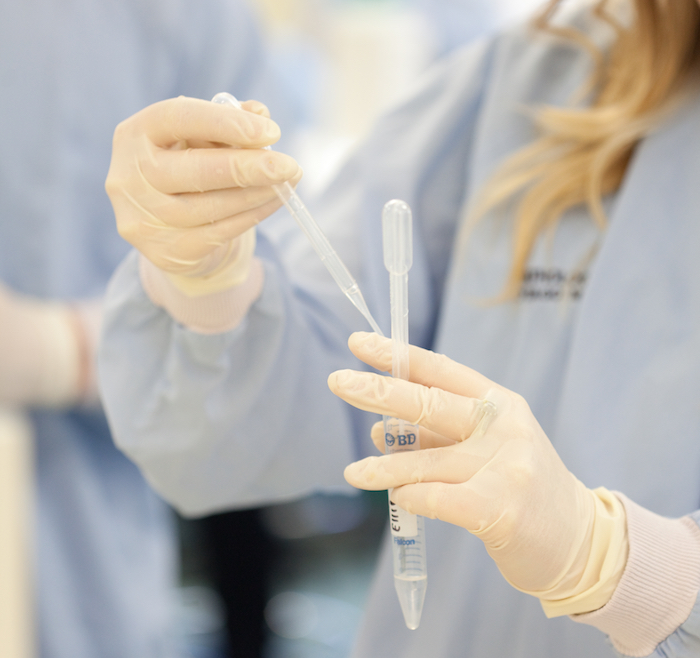Cancer detection and treatment aided by test sensitivity
24 August 2016
Finding tiny traces of cancer early means more effective treatment and better outcomes.
Professor Parry Guilford and his team at the Centre for Translational Cancer Research, have been working on identifying minute traces of cancer in body fluids, potentially providing a minimally invasive route for the early diagnosis of several cancer types.
The difficulty lies in recognising the cancer cells in a very high background of normal cells. The process has been painstaking but advances in technology have now provided the means to achieve the required separation.
The utility of this and other advances comes in the rapidity of how doctors can respond to the information the tests reveal in both early detection and treatment scenarios. Having much more comprehensive information about the cancer cells mean that a very tailored response to a particular patient’s results can be in place quickly, and any treatments shown to be ineffective can be discontinued promptly.
Professor Guilford says “different diagnostic approaches are required for different cancer types and different clinical settings. Our Healthier Lives research on circulating tumour DNA is focused on diagnostic markers that can be used to guide treatment decisions. The recent HRC-funded project uses single cell technology as a new approach for the early detection of some cancers. These two diagnostic strategies complement each other well, providing the potential to identify and monitor different cancers in a much more comprehensive way than has ever been possible”.
While the founding advance has been in the detection of bladder cancer, the approach has implications for many other cancers including prostate, endometrial, lung and colon cancer.
Read more about this research:
- Biomarkers for cancer detection Healthier Lives website
- Centre for Translational Cancer Research website
- Cancer breakthrough could boost diagnosis New Zealand Herald website


